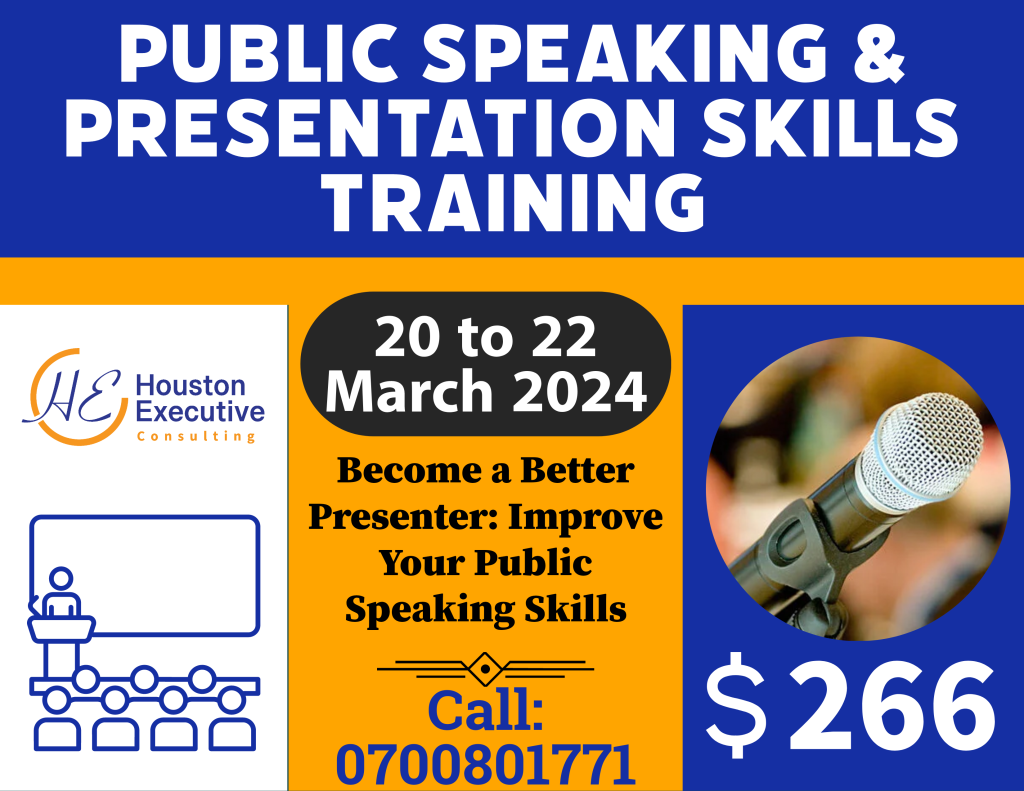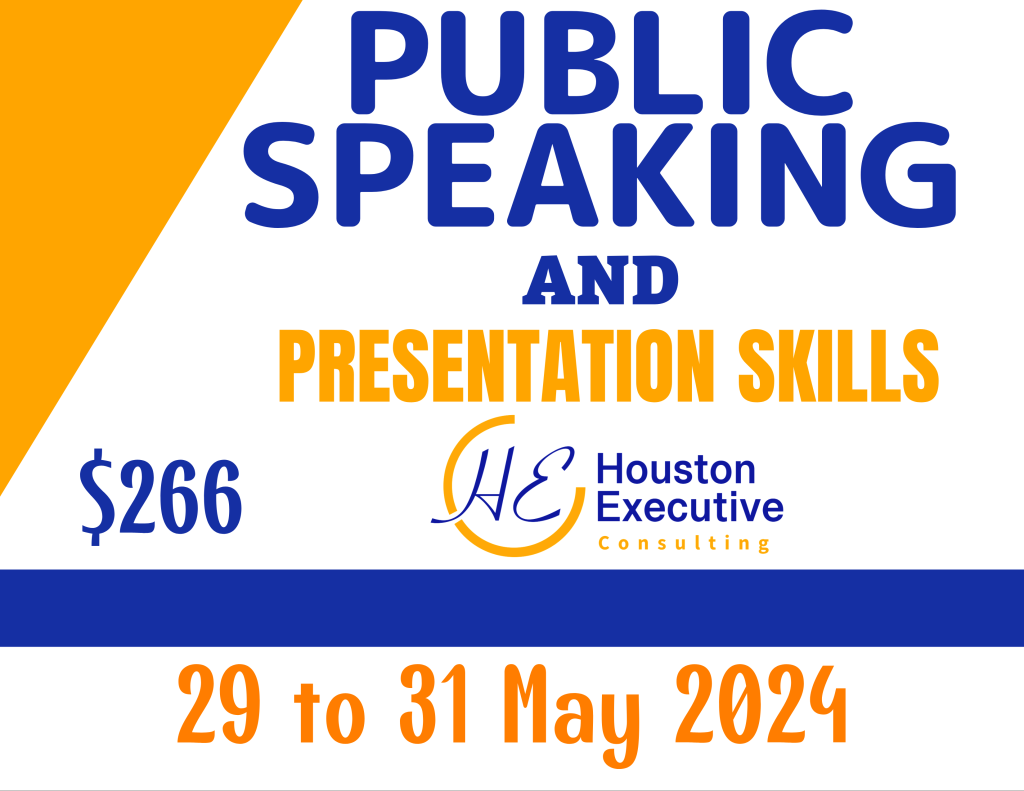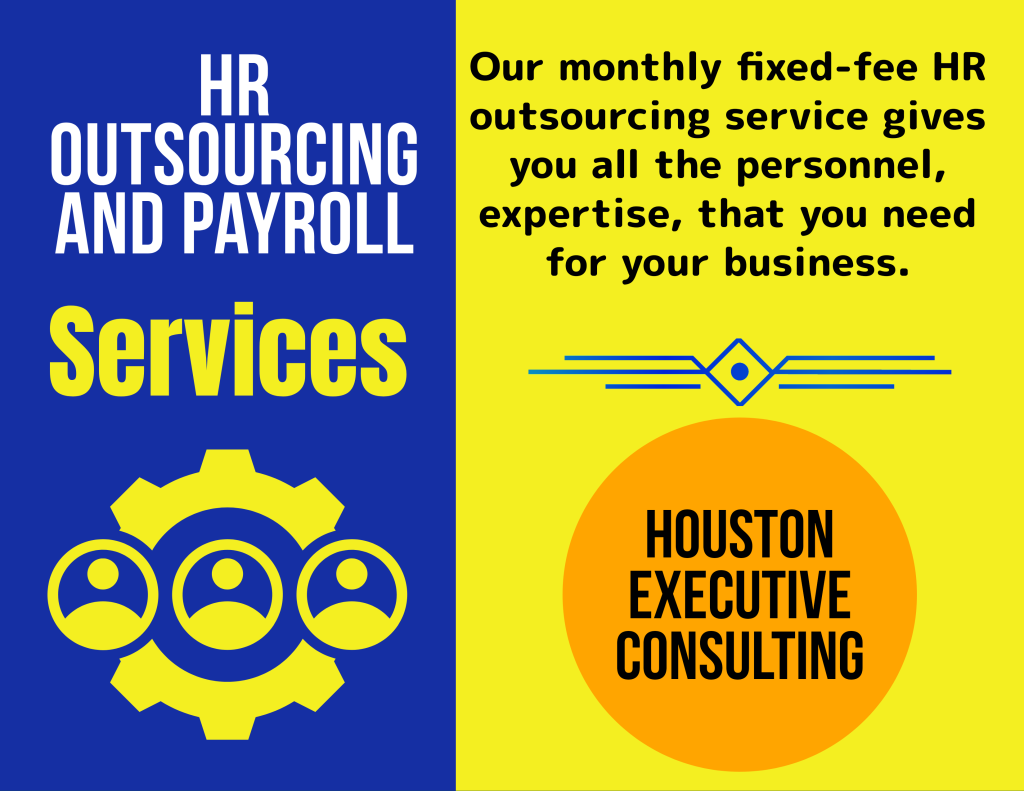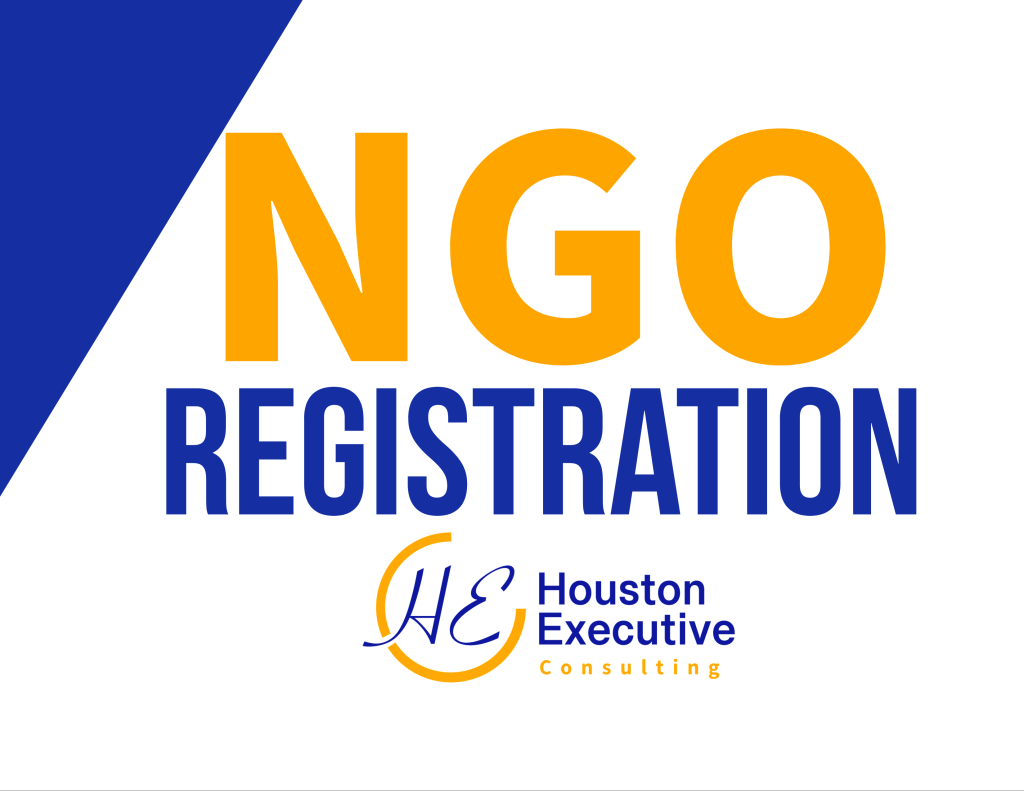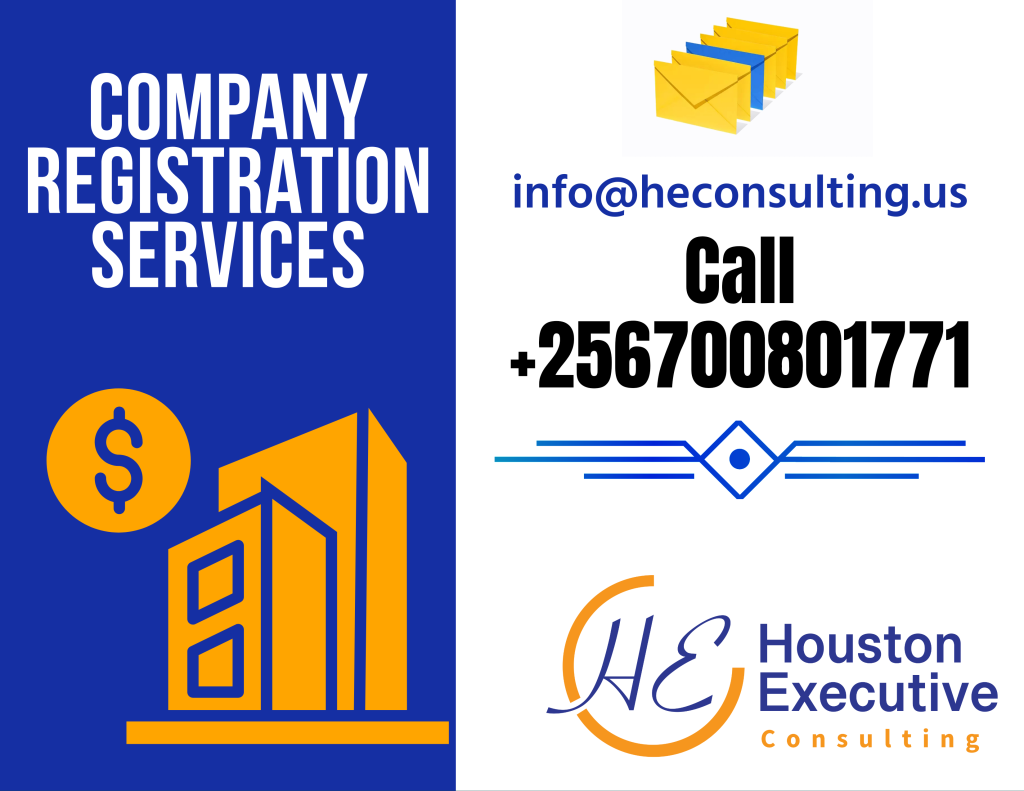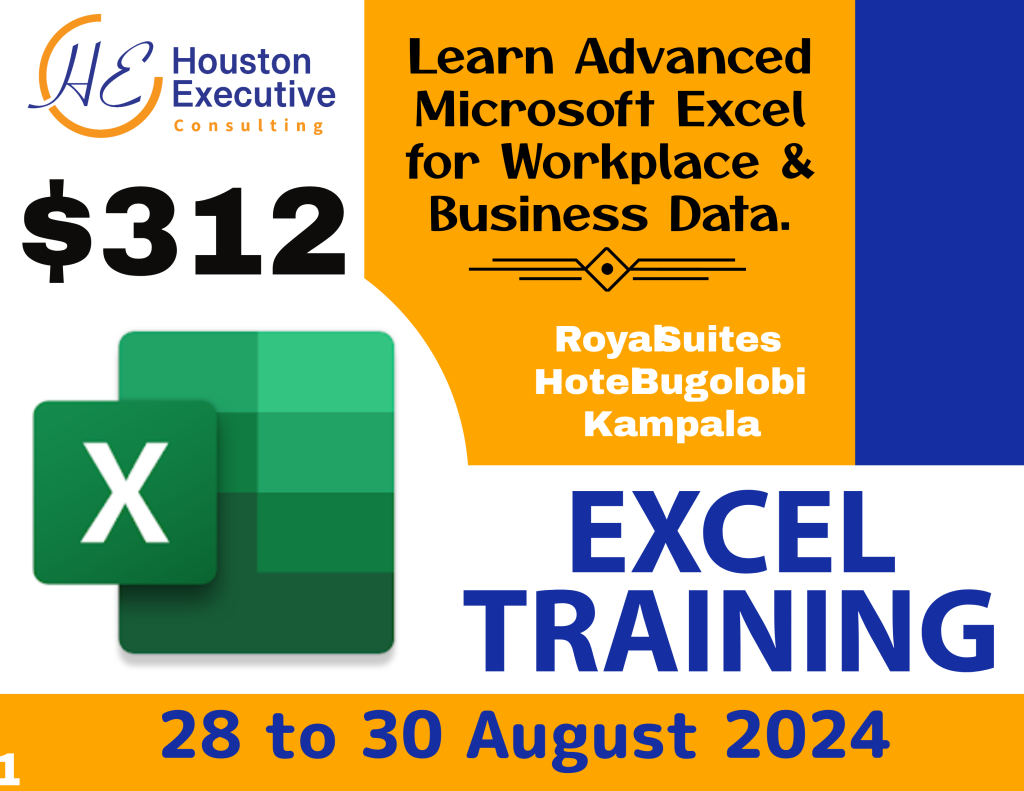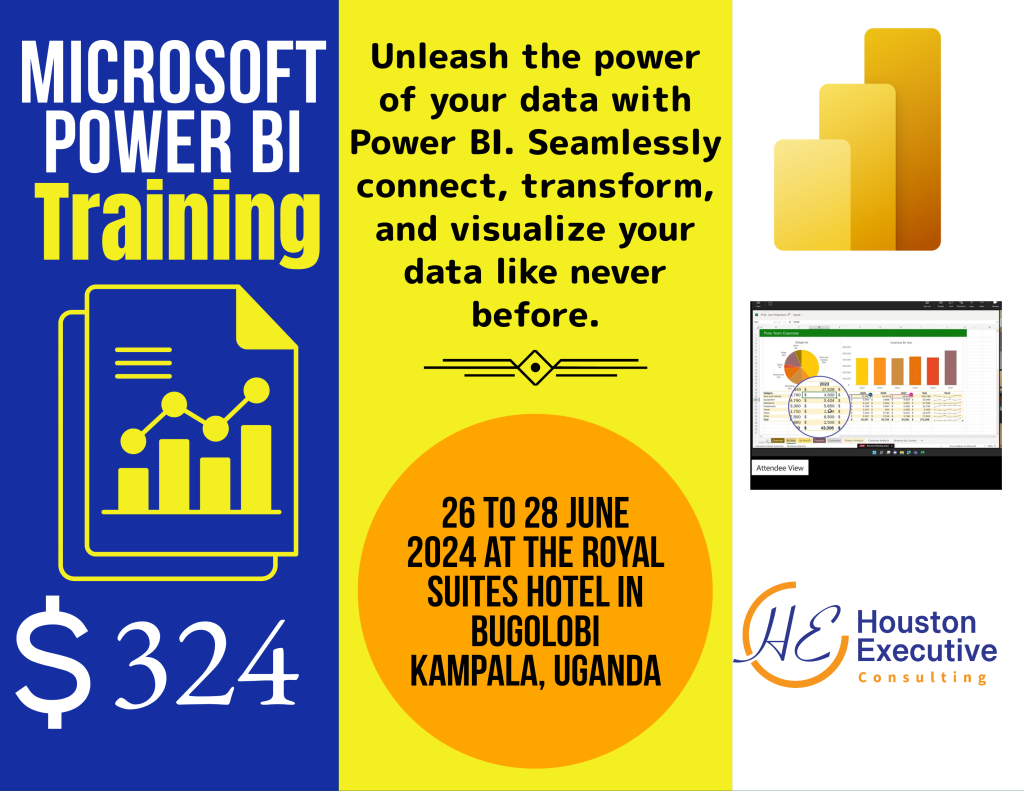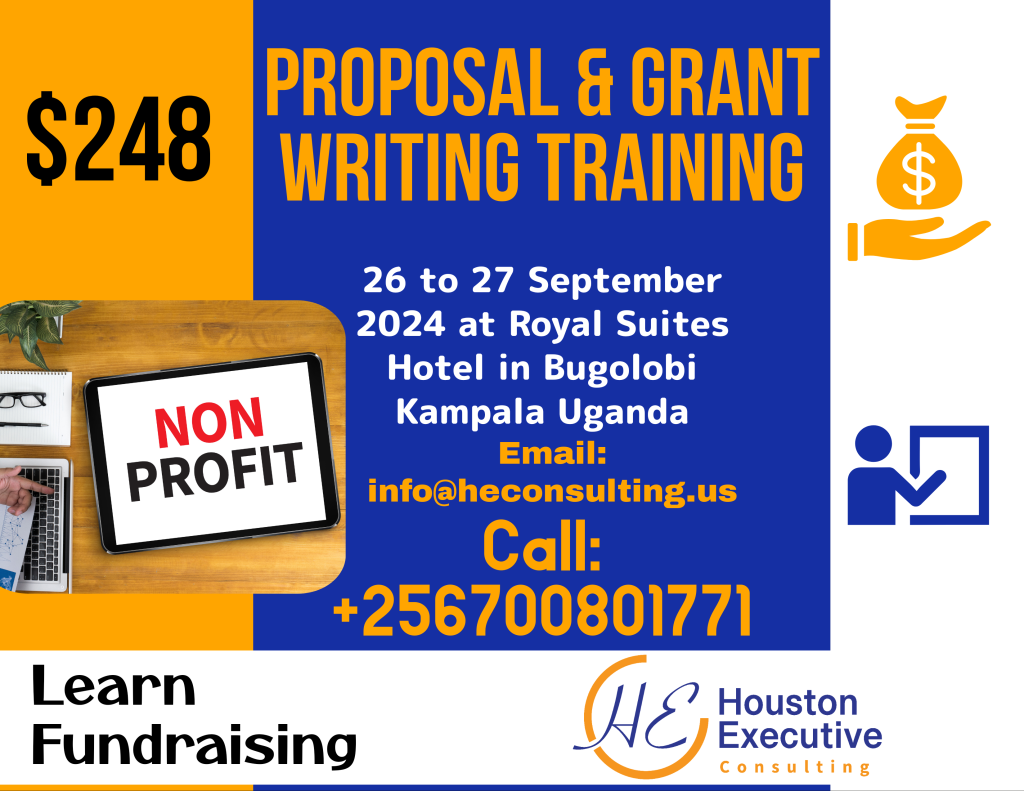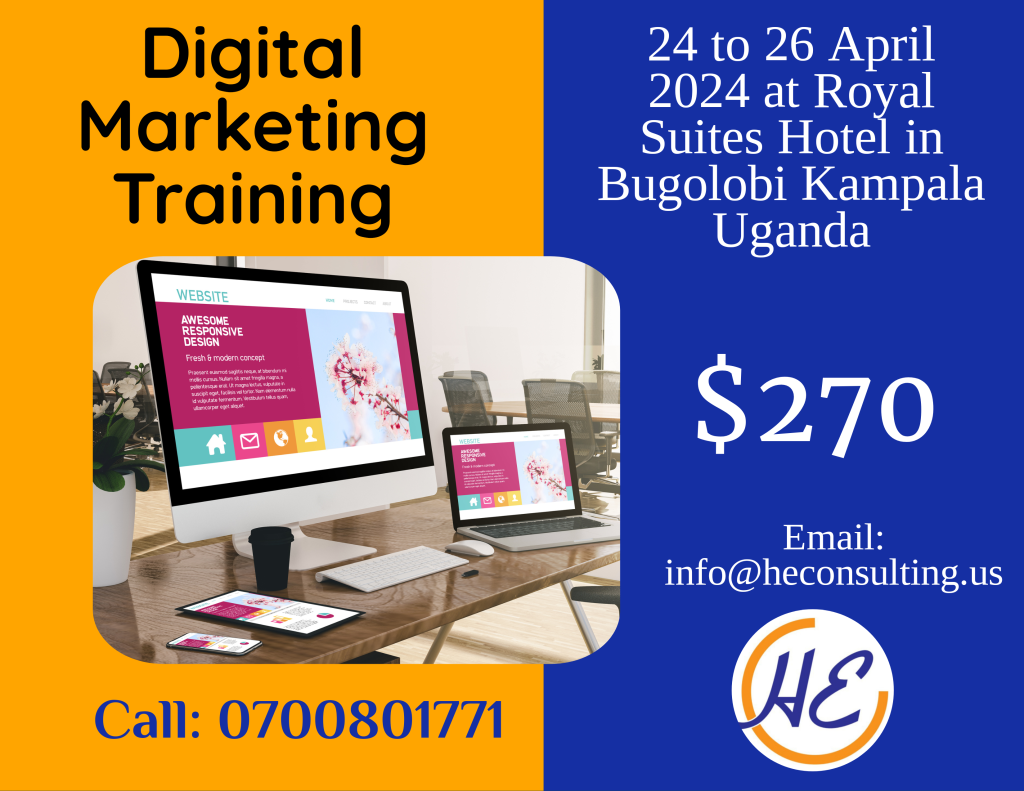How to Succeed at Interviews – Answer Common Job Interview Questions
During your job search and preparation for job interviews, you’ll meet many publications claiming to provide the ‘correct answers to popular interview questions. However, there often isn’t just one ‘correct answer.
One thing you must avoid is to use pre-scripted answers because you might not answer the exact questions you’ve been asked on the day.
The best thing to do is to spend time before the interview thinking about the type of question you may be asked and what key elements you would include in your response.
Preparing the key points of your answer, not the full script, will help you recall what you need to include whilst ensuring you use spontaneous and ‘natural’ language to get your message across.
In this article, we have identified some of the most common types of interview questioning styles you might face. We have also generated a list of the most common types of interview questions.
How Do You Answer Motivational Questions?
Motivational questions are designed to check how serious you are about applying for a particular job. These questions could include:
- Why do you want to do this job?
- What do you know about our organization? Why would you find us interesting to work for?
- Which aspects of the job interest you most?
- What do you think will be the main challenges of this job? Why does that appeal to you?
- What steps have you taken to find out more about the job role?
- Which aspects of your previous work experience have you enjoyed and why?
- Tell us about a current news story that has caught your attention and why it interests you. How might it relate to our organization?
Questions like these can highlight how important it is to do plenty of preparation so that you understand what sort of job or course you are applying for and know as much as possible about the organization.
If you are applying for a job, think about why you are interested in the main duties of the job, the organization’s values and culture, and how these fit in with your own.
You can also think about why the core business activities of the organization appeal, the available training and development opportunities, and the aspects of the job that may be challenging.
Dealing with Competency-Based Questions
It is important to remember that, Competency-based questions are commonly used by employers to check whether a candidate has the competencies or qualities that are required for a particular job.
The specific competencies are usually detailed in the job specification or advert.
The interviewer is looking for evidence that you have the skills that they need and so may ask questions such as:
- Give an example of when you worked in a team to complete a task. What was your role and what did you contribute?
- Tell us about a situation where you’ve had to overcome a difficult problem.
- Describe an occasion when you have had to manage your time to achieve a deadline. What happened and how did you meet the deadline?
- Can you give an example of when you have done work that required a high degree of accuracy? How do you ensure that your work is accurate?
- Outline a situation where you’ve had to communicate complex information in an easy-to-understand way.
- Tell us about a time when you have had to deal with someone angry or upset. How did you deal with it?
Use STAR
Let me introduce to you a new technique for answering competency-based questions in applications and at interviews.
STAR stands for:
Situation – provide some brief details about the situation you were in when you used a competency so that the reader can understand the context of the example.
Task – outline what your objective or purpose was during that situation, again to put your answer into context.
Action – describe what you did in that situation and how you approached it.
Result – state the outcome, for example: Were the objectives met? What did you learn/gain from being in that situation?
Sometimes the employer will probe further by asking ‘What would you do differently?’ or ‘What did you learn from the experience?
When asked this type of question, try to use realistic and recent examples from your work experience or volunteering assignments and activities.
While at a job interview, it is okay to derive simple examples from everyday situations. Remember, interviewers, don’t expect you to have sailed the Red Sea or Indian ocean.
Handling Strength-Based Questions
Many workplaces and My Fellow HR Practitioners have introduced ‘strength-based questions’ into interviews. These mostly focus on what you enjoy doing and what you are particularly good at rather than what you can do, so be prepared to be open and tell the truth.
With such types of questions, you can be ready to share your achievements beyond work to include activities such as corporate social responsibility, marathons and other sports, interest groups, or volunteering. Reflect on the key aspects you enjoy and why you are good at them. This should help you to understand your strengths and prepare you for such strength-based questions.
Some of the questions that are looking for strengths include:
- How do you know if you’ve had a good day?
- Describe something that you learned recently.
- What activities come naturally to you?
- Would you prefer to be a big fish in a small pond or a small fish in a big pond?
- Describe your favorite interest outside of your work.
- What have you done that you are most proud of? Why was it significant?
- What are your greatest strengths? When do you use them?
In describing your strengths, you may be able to prove the skills and experience asked for in the job description, such as teamwork, project work, communication skills, or customer service.
For example:
- You may feel that you’ve had a good day organizing and conducting a particularly difficult event as a project on time
- You would describe yourself as a good communicator who listens and can easily deal with people from different backgrounds and cultures (intercultural communication)
- You are particularly proud of your customer service skills and have gone out of your way to help people recently at the previous workplace who needed help
The Art of Handling Questions That Require Judgement
Decision-making is key for every job. Success at any job is a result of a series of positive decisions that we make over the week, month, or year. This explains why You may occasionally get asked a hypothetical question at an interview.
You must be able to use your judgment to decide on the actions you’d take in a given situation.
Alternatively, you may face questions where you have to give your opinion on a topic or issue that is relevant to the job.
Hypothetical / issue-based questions can be used to assess your values, motivation, knowledge of the job/sector, and your verbal reasoning skills.
Your responses to these questions do not prove that you have the skills or competencies to do the job, but they do explore your judgment and whether you can form and defend your opinion based on a sound rationale.
Here are some examples of the type of questions that may be asked:
- Imagine you are asked to organize an end-of-year staff party. How would you go about it? (HR Officer Employee Relations) – hypothetical
- What would you do if your manager asked you to do something that you felt was unethical? (trainee administration) – hypothetical
- How do you see social media developing in the next 5 years? (marketing manager, public relations company) – issue-based
- What do you think are the main challenges facing doctors today? (nursing assistant, hospital) – issue-based
To prepare for this type of question, research the sector that you are applying to. What is in the news at the moment, are there any ‘hot’ topics?
Here are a few tips to help you answer this type of question.
- Give yourself time to think about what is being asked of you and why.
- Try to relate your answer to your experiences or factual knowledge. You may not have real-life experience but perhaps you have work shadowed someone in a relevant job or have read something recently.
- Make sure you apply your judgment to put forward your views and make a reasoned argument.
- Sum up your answer in a clear concise manner.
- Be sure that your ideas will be challenged by the interviewer. They are not trying to catch you out, just seeing if you can remain calm and argue your case while you appreciate other viewpoints.
In addition to the special category questions we have discussed above, your success at an interview may also require you to Consider exploring more Questions and Guidance on How to Answer Them. we have outlined more questions that may be useful to look at as you get ready for your success at the next job interview:
Basic Interview Questions About You
- Tell me about yourself.
- How would your friends describe you? (i.e., what are your strengths)
- What do you think will be the main challenges of the position?
- What skills do you have which would help you in this position?
- Describe a time when you have had to deal with a setback.
- What are your weaknesses?
- Why do you want this job?
- Where would you like to be in your career five years from now?
- What’s your ideal company?
- What attracted you to this company?
- Why should we hire you?
- What did you like least about your last job?
- When were you most satisfied with your job?
- What can you do for us that other candidates can’t?
- What were the responsibilities of your last position?
- Why are you leaving your present job?
- What do you know about this industry?
- What do you know about our company?
- Are you willing to relocate?
- Do you have any questions for me?
Behavioral Testing Interview Questions:
- Describe a project or activity which you have planned and taken through to a conclusion. What was your objective, what did you do and what was the outcome?
- Give an example of when you have worked in a team. What was your role and what did you contribute to the team’s performance?
- Describe a situation where you have had to manage your time to achieve your goals. How did you achieve this?
- Describe a difficult problem you have solved. What was the problem?
- How did you analyze and solve it?
- What did you learn from the experience?
- Describe a time when you have led by example. If you were in charge of our organization, what changes would you make?
- Give me an example of a time that you felt you went above and beyond the call of duty at work.
- Can you describe a time when your work was criticized?
- Have you ever been on a team where someone was not pulling their own weight? How did you handle it?
- Tell me about a time when you had to give someone difficult feedback. How did you handle it?
- What is your greatest failure, and what did you learn from it?
- How do you handle working with people who annoy you?
- If I were your supervisor and asked you to do something that you disagreed with, what would you do?
- What was the most difficult period in your life, and how did you deal with it?
- Give me an example of a time you did something wrong. How did you handle it?
- Tell me about a time where you had to deal with conflict on the job.
- If you were at a business lunch and you ordered a rare steak and they brought it to you well done, what would you do?
- If you found out your company was doing something against the law, like fraud, what would you do?
- What assignment was too difficult for you, and how did you resolve the issue?
- What’s the most difficult decision you’ve made in the last two years and how did you come to that decision?
- Describe how you would handle a situation if you were required to finish multiple tasks by the end of the day, and there was no conceivable way that you could finish them.
Salary Related Questions:
- What salary are you seeking?
- What’s your salary history?
- If I were to give you this salary you requested but let you write your job description for the next year, what would it say?
Career Development & Personal Development Questions:
- What are you looking for in terms of career development?
- How do you want to improve yourself in the next year?
- What kind of goals would you have in mind if you got this job?
- If I were to ask your last supervisor to provide you additional training or exposure, what would she suggest?
More Useful Questions About You:
- How would you describe your work style?
- What would be your ideal working environment?
- What do you look for in terms of culture—structured or entrepreneurial?
- Give examples of ideas you’ve had or implemented.
- What techniques and tools do you use to keep yourself organized?
- If you had to choose one, would you consider yourself a big-picture person or a detail-oriented person?
- Tell me about your proudest achievement.
- Who was your favorite manager and why?
- What do you think of your previous boss?
- Was there a person in your career who made a difference?
- What kind of personality do you work best with and why?
- What are you most proud of?
- What do you like to do?
- What are your lifelong dreams?
- What do you ultimately want to become?
- What is your mission statement?
- What are three positive things your last boss would say about you?
- What negative thing would your last boss say about you?
- What three character traits would your friends use to describe you?
- What are three positive character traits you don’t have?
- If you were interviewing someone for this position, what traits would you look for?
- List five words that describe your character.
- Who has impacted you most in your career and how?
- What is your greatest fear?
- What is your biggest regret and why?
- What’s the most important thing you learned in school?
- Why did you choose your major?
- What will you miss about your present/last job?
- What is your greatest achievement outside of work?
- What are the qualities of a good leader? A bad leader?
- Do you think a leader should be feared or liked?
- How do you feel about taking no for an answer?
- How would you feel about working for someone who knows less than you?
- How do you think I rate as an interviewer?
- Tell me one thing about yourself you wouldn’t want me to know.
- Tell me the difference between good and exceptional.
- What kind of car do you drive?
- There’s no right or wrong answer, but if you could be anywhere in the world right now, where would you be?
- What’s the last book you read?
- What magazines do you subscribe to?
- What’s the best movie you’ve seen in the last year?
- What would you do if you won the lottery?
- Who are your heroes?
- What do you like to do for fun?
- What do you do in your spare time?
- What is your favorite memory from childhood?
Simple Role-Play or Mock Interview Exercise with One or Two Friends
Invite your friends to form a temporary group where you can each take turns to assume the role of a candidate with others acting as employer and observer.
As the candidate, you must first identify what you want to be interviewed for and brief the employer or interviewer so that they can ask appropriate questions as may be selected from the list provided above.
If there is a specific set of questions that give you a challenge, you might ask the interviewer to include these questions as well as ones that you might not have prepared for.
If you can also invite a friend who can act as an observer, they should get a pen and paper to make notes and give you honest feedback on your performance. The observer should try to be positive and make suggestions for improvement especially on the questions where your answers were not clear.
You can conduct a 10 to 15-minute interview. The observer should keep time, along with making notes on your performance. You can spend at least 5-10 minutes discussing feedback – you first (saying how you thought it went) then your friends (remember the positive feedback).
It is at this point that we would like to wish you all the best in your next interview and your career



